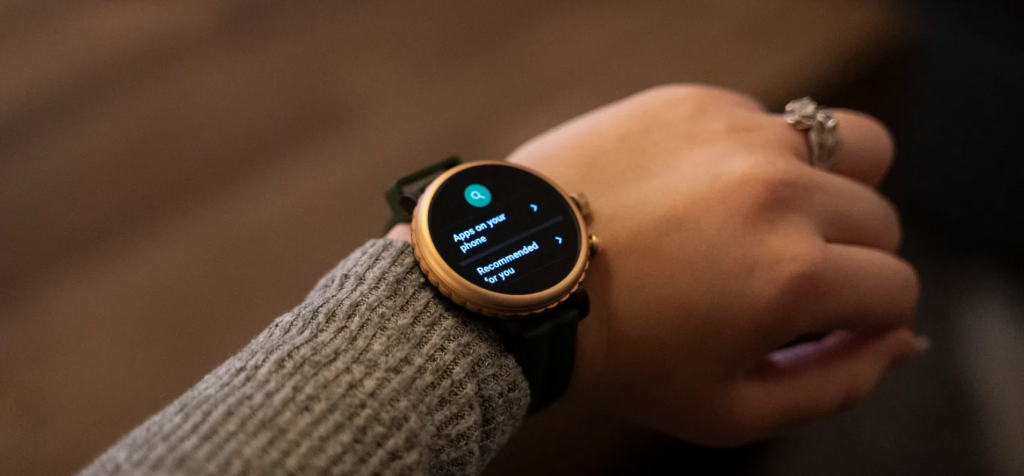
In the early days of Google’s wearable platform, smartwatch apps were bundled with their phone counterparts. Android Wear 2.0 moved to a standalone app model as part of introducing the on-device Play Store. Google now plans to deprecate that legacy approach to Wear OS apps next month.
With Android Wear 2.0, Google set out to make its wearables more independent and capable of accomplishing tasks without having to use the paired phone. One way to achieve this was through an on-watch Play Store that lets you directly browse for and install apps.
However, Google allowed developers to keep using the original method where phone app downloads included a watch version that would then be transferred to the wearable. Today, this legacy embedded app model has “limited discoverability” on the Wear OS Play Store.
Such apps do not show up in search, cannot be featured in app clusters across the store, and can only be installed via the “Apps on your phone” section of the on-watch Play Store. Additionally, using the legacy embedded model adds excessive bloat to the APK that is downloaded onto a user’s phone, whether or not they own a smartwatch.
Google is abandoning this approach on March 10th when those legacy Wear OS apps will no longer appear in the “Apps on your phone” section — as seen in the cover image above. In being effectively undiscoverable, end users won’t be able to install those applications on the watch, which is the case for certain sideloaded tools.
Developer Malcolm Bryant first raised this issue today (via Android Police) and noted how it’s “going to get more difficult to install several of my utility apps.”
This means that for users to install WearOS apps from outside the Play Store, they will have to go through hoops such as using ADB over wifi. Most non-technical users won’t bother.
Google advises developers to switch to the multi-APK model, while reiterating its “ongoing commitment and investment in further growth of the Wear OS platform” from the day that Made by Google announced it was acquiring Fitbit.
